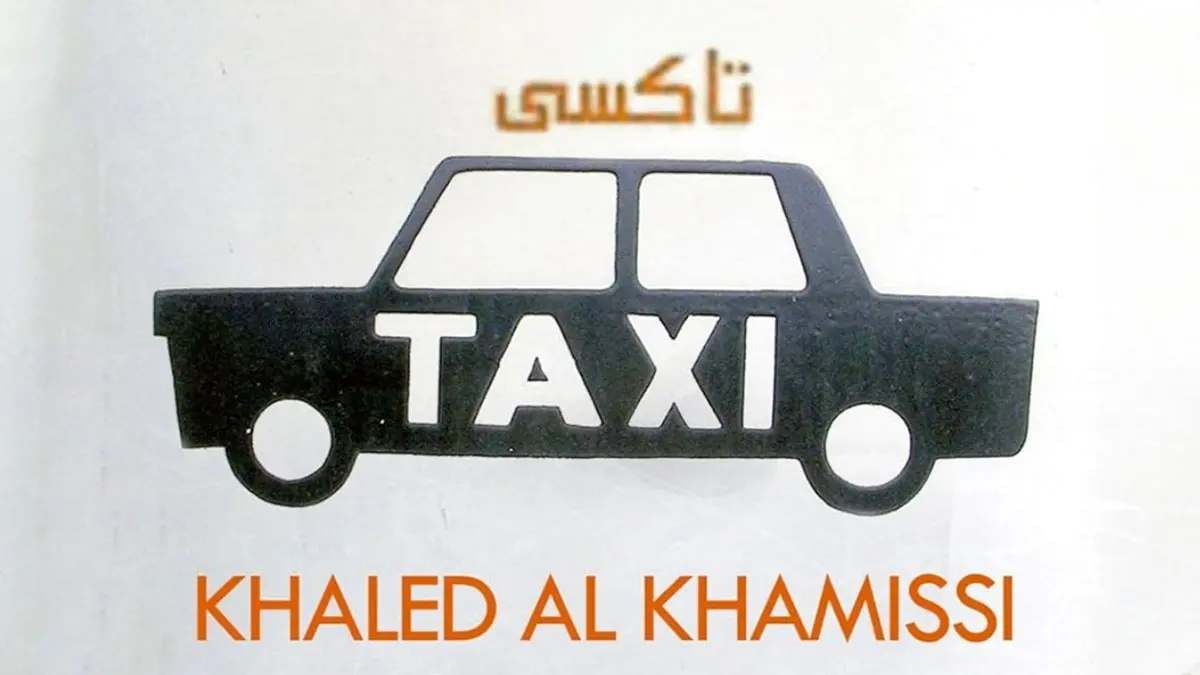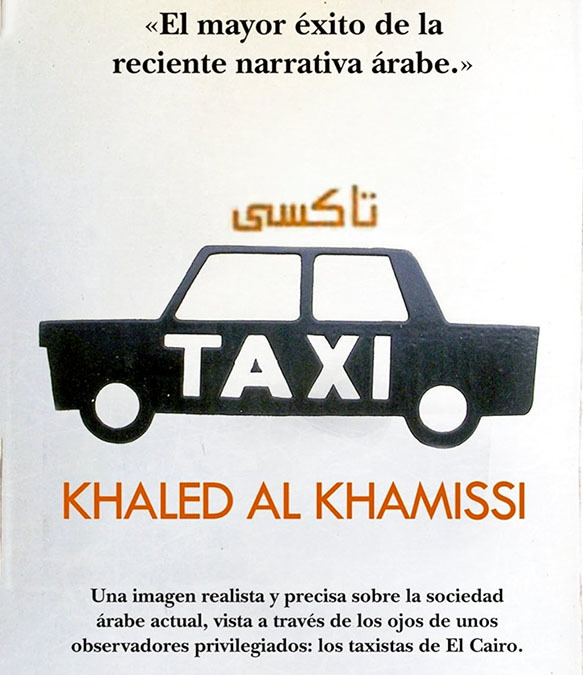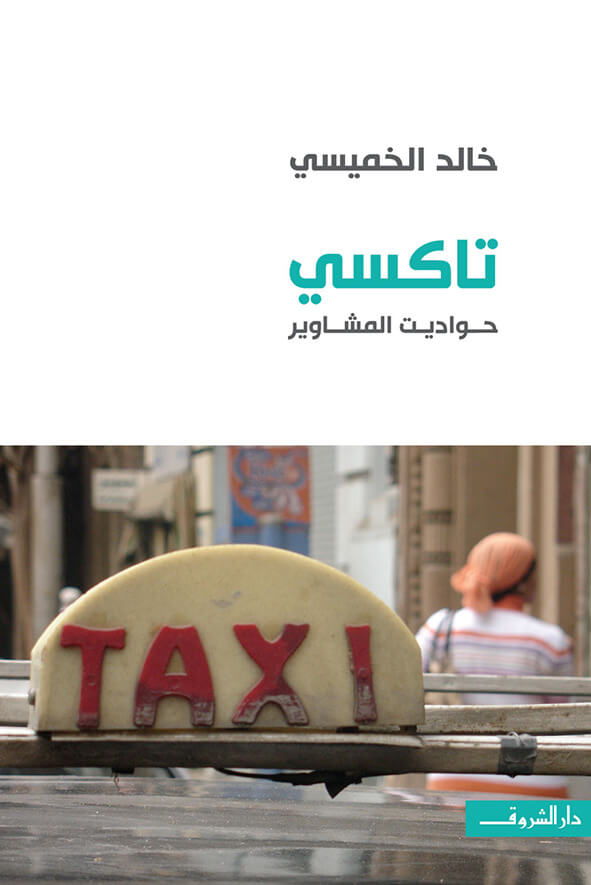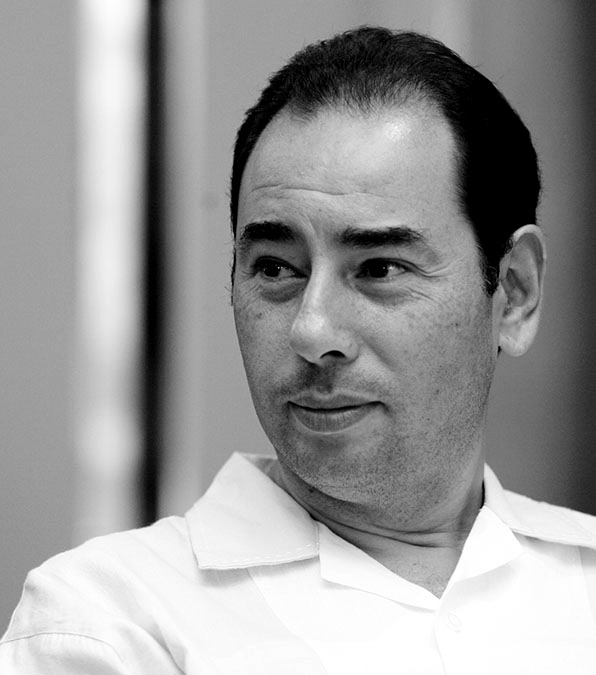‘Taxi’ (second and final part)

‘A literary work and an accurate observation of the conditions of Egyptian society and public opinion at the same time.’
Dr Galal Amin
As I indicated in the first version of this text, it is now a question of addressing in this article ‘other issues related to Iraq, Palestine, the Islamists, the terrorist actions of the time, education and overtime, the stock market (in crisis today, but which has allowed some to get rich, even in Morocco), the “trafficking” of elections... and many other topics’.
Speaking of Iraq, Khaled Al Khamissi's analyses are prescient, or perhaps it is the taxi driver he interviewed who says, in conversation 10: ‘But, there is one thing that should not be forgotten: in the end, it is Iraq that will win. In short, he who laughs last laughs best’. When I read this sentence in 2008, I didn't even believe it.
And in the same vein, I found this sentence reported by Khaled in conversation 12: ‘According to me (this is the taxi driver), not more than ten or fifteen years old. That is, my son who is ten years old today, when he leaves university, will be (Egypt) at war with the Israelis. And, he adds, after a moment of silence: ‘The problem comes from them, not from us. It is they who are incapable of living in peace.

This premonition has not come true today. But with what is happening in Gaza and on the border with Egypt (what is called the Philadelphia axis), nothing is definitive. Premonitory or not premonitory? I am going to tell you about something I personally experienced in 1990. It is about apartheid and its leader imprisoned for more than 27 years. I was 32 years old at the time. I never believed in the release of Nelson Mandela, or the end of the apartheid regime in South Africa. It was a big surprise for me. And, from that day, I learned something very important: in life (politics is part of life), everything is possible. South Africa faces other problems today. But the apartheid segregationist regime is over.
Let us turn now to the sensitive issue of education and, by extension, overtime. For as long as there has been schooling, capitalism has turned education into a commodity subject to supply and demand. That is why public schools flourish wherever the social relationship favours the capitalists. Personally, I am a product of public schools, from primary school to university. Today, in September 2024, it is public schools that dominate the market. Tomorrow, with artificial intelligence, it will be a different game, but as long as the capitalist system dominates, AI will be deified. This is discussed in conversation 16, but in a different way.

In conversation 17, we talk about a taxi driver who is also a trader on the stock market. Khaled Al Khamissi tells us this: ‘He is a taxi driver, but also a specialist in the stock market; he is an excellent trader and a star among his family and friends because he has made several of them rich in a few days’. This is 2007-2008. The stock market also made its appearance in Morocco. Much earlier (1929), in any case the new system began in 1997. And some, having become powerful ministers, became rich thanks to the stock exchange. Some speak of ‘insider trading’. That remains to be proven. As for the poor who became rich, they were wiped out afterwards. I apologise for giving my opinion on this part.
Back to the stock exchange and conversation 18. The taxi driver says this: ‘You wonder who bought.... Obviously, it is those who knew that prices will not go down and will go up’. These words were uttered by the ‘taxi driver-trader’ in 2007-2008. He continues: ‘In the end, they will have ruined in one day the flies that fled from the massacre and enriched some gentlemen...’. The same situation persists today at different rates. And he concludes: ‘That's life. For the big ones to grow, we must not stop buzzing, otherwise how do they grow?’... All is said and done.

Let's move on to the attacks... In conversation 19, the taxi driver says this: ‘It is the government that would have done it to win the sympathy of the people... before the presidential elections’. You understood, as I did, that these were terrorist acts. There is nothing to say about that, except people's mistrust of the real instigators of these attacks...
As for the ‘trafficking’ of elections in our underdeveloped countries, there is much to be said. Unfortunately, the democratic crisis is total, even in developed countries. Like the storming of the Capitol in the United States in January 2021 and, in France, demonstrations and riots. These events illustrate how political crises, deep disagreements and discontent can lead to acts of extreme protest or attempts to overthrow the established order. In these contexts, democracy is put to the test, and institutions must find ways to manage these tensions while preserving the rule of law.
Abdelhak Riki


